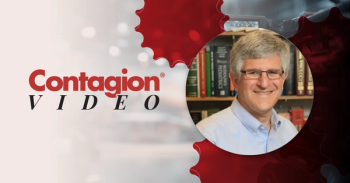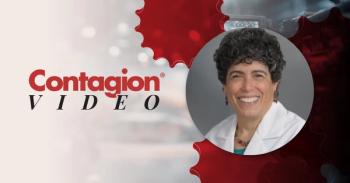
Making Progress in the HIV Vaccinology Field
Colleen Kelley, MD, discusses the possibility of an HIV vaccine and current progress being made in HIV prevention.
Segment Description: Colleen Kelley, MD, associate professor of medicine, Emory School of Medicine, discusses the possibility of an HIV vaccine and current progress being made in HIV prevention.
Interview transcript: (modified slightly for readability)
Colleen Kelley, MD: The possibility of an HIV vaccine and where we are in that progress is a little bit of a complicated question.
When you’re thinking about an HIV vaccine in the context of traditional vaccines—like you get 1 or maybe sometimes 2 shots and you’re protected for the rest of your life—I think we’re still quite a way off on that.
We’ve made tremendous progress in the HIV vaccinology field. We know more about HIV and more about vaccinology because of the study and the quest for an HIV vaccine; the field has really made amazing strides. That said, we’re still a way off on an effective, traditional HIV vaccine, in the sense that folks think of it.
That said, ground breaking work is being done with monoclonal antibodies as potential prevention mechanisms and those I think will be probably on the horizon a whole lot sooner and in clinical care a whole lot sooner than a traditional vaccine.
Those may come in the form of periodic infusions or maybe subcutaneous periodic injections, similar to pre-exposure prophylaxis in that it’s an agent that is delivered before exposure that has to be redelivered over time. But, with modern advances and tweaks to technology, it’s foreseeable that some of these monoclonal antibodies might only have to be delivered over very long periods of time, years in between delivery. I think the hope to that is probably closer and more within reach than a traditional vaccine.”
Newsletter
Stay ahead of emerging infectious disease threats with expert insights and breaking research. Subscribe now to get updates delivered straight to your inbox.

































































































































